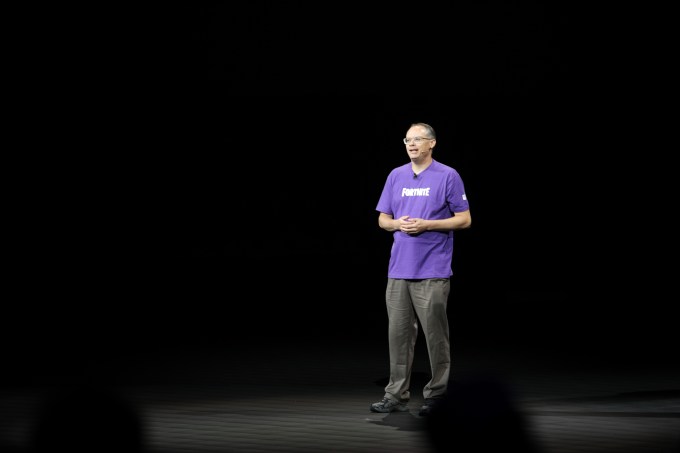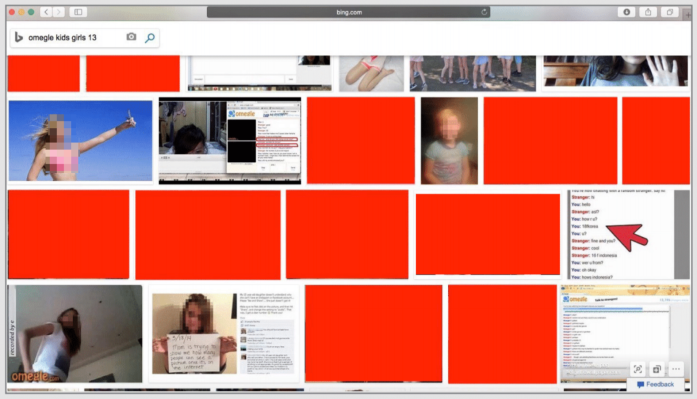The Daily Crunch is TechCrunch’s roundup of our biggest and most important stories. If you’d like to get this delivered to your inbox every day at around 9am Pacific, you can subscribe here:
1. Microsoft Bing not only shows child pornography, it suggests it
A TechCrunch-commissioned report has found damning evidence on Microsoft’s search engine. Our findings show a massive failure on Microsoft’s part to adequately police its Bing search engine and to prevent its suggested searches and images from assisting pedophiles.
2. Unity pulls nuclear option on cloud gaming startup Improbable, terminating game engine license
Unity, the widely popular gaming engine, has pulled the rug out from underneath U.K.-based cloud gaming startup Improbable and revoked its license — effectively shutting them out from a top customer source. The conflict arose after Unity claimed Improbable broke the company’s Terms of Service and distributed Unity software on the cloud.
Just when you thought things were going south for Improbable the company inked a late-night deal with Unity competitor Epic Games to establish a fund geared toward open gaming engines. This begs the question of how Unity and Improbable’s relationship managed to sour so quickly after this public debacle.

WeChat boasts more than 1 billion daily active users, but user growth is starting to hit a plateau. That’s been expected for some time, but it is forcing the Chinese juggernaut to build new features to generate more time spent on the app to maintain growth.
5. Bungie takes back its Destiny and departs from Activision
The creator behind games like Halo and Destiny is splitting from its publisher Activision to go its own way. This is good news for gamers, as Bungie will no longer be under the strict deadlines of a big gaming studio that plagued the launch of Destiny and its sequel.
6. Another server security lapse at NASA exposed staff and project data
The leaking server was — ironically — a bug-reporting server, running the popular Jira bug triaging and tracking software. In NASA’s case, the software wasn’t properly configured, allowing anyone to access the server without a password.
7. Is Samsung getting serious about robotics?
This week Samsung made a surprise announcement during its CES press conference and unveiled three new consumer and retail robots and a wearable exoskeleton. It was a pretty massive reveal, but the company’s look-but-don’t-touch approach raised far more questions than it answered.











